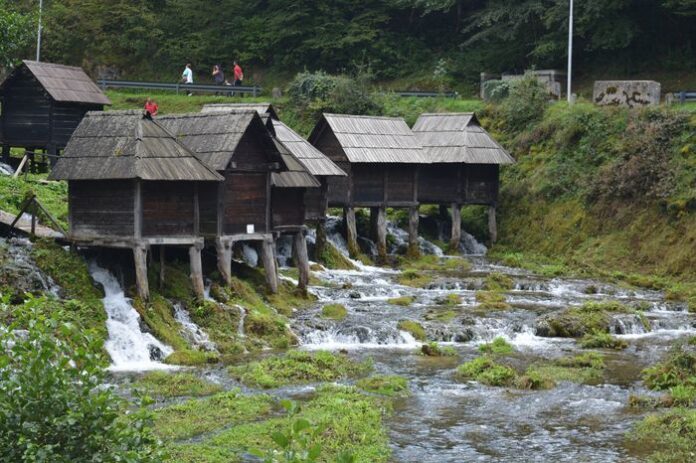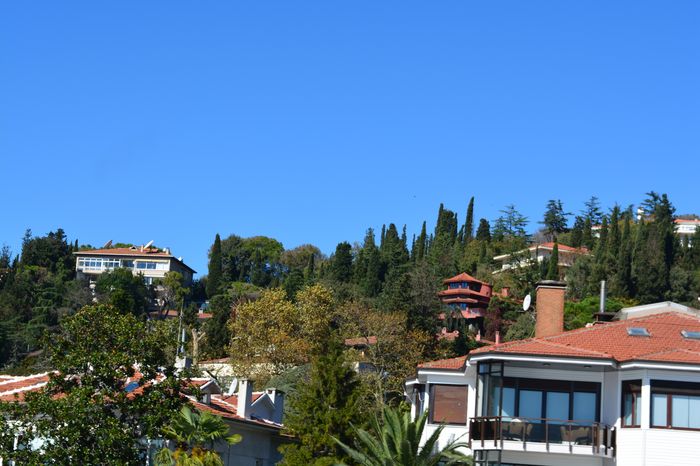The Sultan of Turkey is somewhat like President Cleveland of the United States in one way: he tries to control many details of his government by himself. President Cleveland was known for personally reviewing many matters. For example, he would sometimes stay up all night reading recommendations for post office jobs because he felt it was his personal duty to pick good workers. He didn’t fully trust the post office officials to make the right choices. He also carefully read documents related to pardon cases because he didn’t trust the attorney-general or other justice officials. Additionally, Cleveland personally looked into contracts involving Native American affairs, public lands, and other government business, even when previous presidents had left those duties to others. Because of this, Cleveland knew more about what was happening and had more control over his administration than most presidents Who Should Protect Rumelia?.
How the Sultan Handles Government
The Sultan of Turkey has a similar habit of wanting to manage everything himself. However, his reasons are quite different from President Cleveland’s. The Sultan trusts no one, but unfortunately, most people still manage to deceive him. He tries to do everything personally and handle all the details, but since he rarely leaves his palace, he must depend on his ministers and other officials to carry out his orders. Because of this system, most of his hard work ends up wasted, and the people suffer because important matters are not handled well.
A Bridge and Its Consequences
One clear example shows the problems caused by the Sultan’s way of ruling. Recently, a flood destroyed a bridge over a river in Asia Minor. The local people traveled to Constantinople to ask the Sultan to order a new bridge to be built. Since such projects fall directly under the Sultan’s control, only his orders could start the work Adventure Balkan Tours.
The Sultan read their petition and looked at the map they gave him. Then, without much thought, he suggested building the new bridge in a different place. This new spot was farther from the old location and more likely to be damaged by floods again. It was also very inconvenient for the people who used the bridge every day. However, nobody dared to tell the Sultan that his choice was a bad one or question his decision.
The Result of Poor Decisions
The new bridge was built where the Sultan ordered, but, as expected, it was destroyed by a flood a few weeks later—just like the first one. This example shows how the Sultan’s refusal to listen to others and his mistrust of his officials lead to bad results. Instead of helping the people, his style of governing wastes resources and causes unnecessary suffering.







